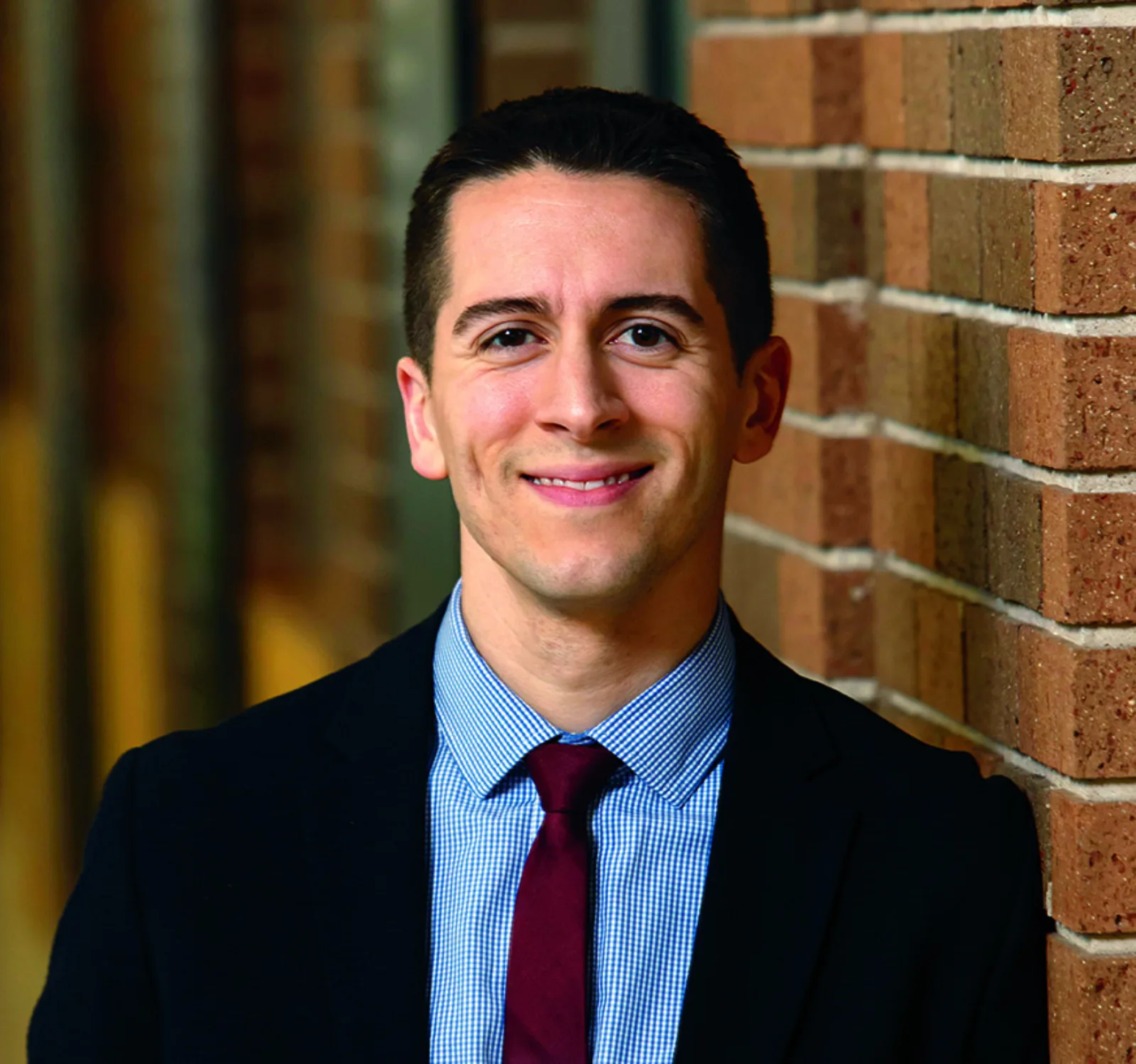“Strangers in Our Midst”: Mexican Agricultural Workers and Migrant Ministries in Wisconsin, 1942-1959, Sergio M. González
This paper examines hospitality practices in Catholic and Protestant migrant ministry programs in mid-twentieth-century Wisconsin. Mexican-descent labor remade the economic landscape of the postwar Midwest as tens of thousands of families travelled seasonally from south Texas to the Great Lakes to pick and process produce in the region’s rapidly developing agricultural industry. While Tejano labor was essential for the survival of Wisconsin’s economy, many state residents viewed migrants’ extended presence in the state as a social and racial nuisance. This paper reveals how Tejano migrants, referred to as “strangers in our midst” by migrant ministers, found that inclusion in their local receiving communities was principally dependent on their output as laborers and their devotion to a particular Christian denomination.
Community Values: Forging a Politics of Religious Liberalism in Small-Town U.S.A., 1960-1990, David Mislin
This paper chronicles how the liberal religious commitments of many small-town residents provided the basis for progressive activism. Challenging their conservative neighbors, these religious liberals demanded equitable treatment of migrant workers, established and sustained vital social services, and called attention to environmental degradation. In framing their progressive agenda in traditional moral language, they forged a particular variety of religious liberalism that reflected the unique realities of small-town life.
Respondent: Kristy Nabhan-Warren
